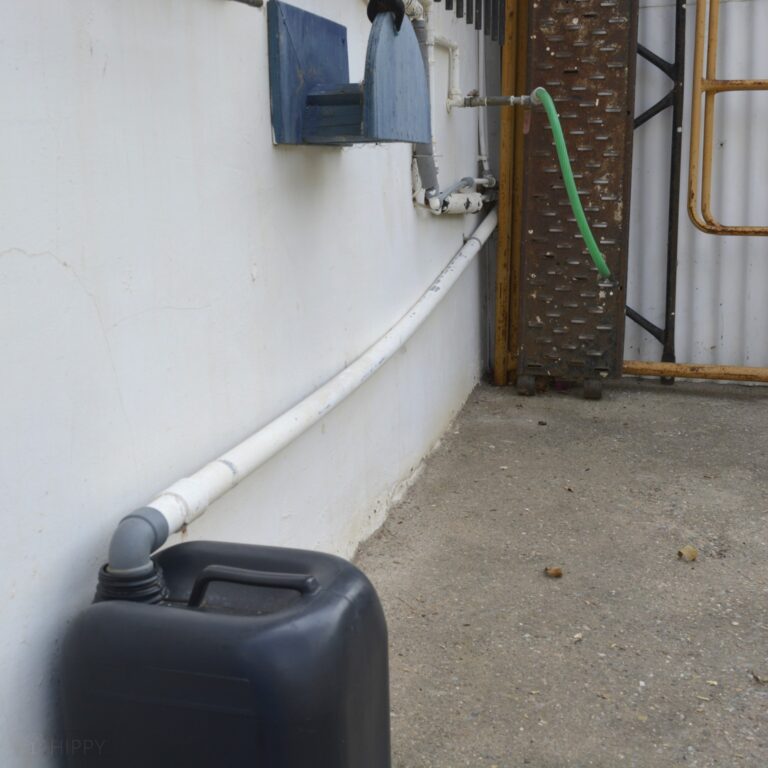Living off the grid means that sometimes you have to make do with whatever you can get. This means that you often have to reuse what you’ve used already, you know what they say: reduce, reuse, recycle, right?

This is especially true when you’re living in areas that don’t have easy access to resources.
With that in mind, it’s easier to just reuse/recycle what’s already been used. So, what exactly is grey water?
Grey water is waste water collected from sinks, showers, and washing machines among other things. It does not include toilet water.
Grey Water is Wastewater
Grey water is wastewater that doesn’t encounter fecal matter as it’s collected from sinks, showers, and washing machines. It’s drawn from everywhere EXCEPT toilets.
Okay, so if it’s water that hasn’t encountered fecal matter, that makes it safe to use and drink, right? Well…no, not really – drinking wastewater is never a good idea.
Sources of Grey Water
There are a few different sources for grey water, these include:
- Shower / bathwater
- Laundry water
- Rain water
- Basin water
- Lag water
Now, we’ve discussed the shower/bath water, basin, and laundry water, but what’s lag water? Well, lag water is the cold water that runs while you wait for hot water.
Safety of Grey Water
It’s generally not potable, but grey water is somewhat safer to work with/handle as it contains fewer pathogens than the other wastewater in the home.
With that said, it can still contain a few different pathogens from showers and bathtubs from scrubbing your… erm… back end and from dirty clothes being laundered. This limits the usability of grey water in daily life.
Uses for Grey Water
While it’s not drinkable, there are uses for grey water. These uses include:
- ☑ Flushing toilets
- ☑ Garden/Crop irrigation
- ☑ Cleaning vehicles
- ☑ Dishwashing
- ☑ Cleaning indoor surfaces
Grey Water versus Black Water
Grey water is, as previously stated, water that comes from bathtubs/showers, sinks, and washing machines; it doesn’t encounter fecal matter. Black water is water that does encounter fecal matter and urine and can easily spread diseases.
Grey Water has a few Benefits
While it’s not generally potable, grey water has a few benefits to it.
For one thing, it reduces the amount of energy use and chemical pollution during treatment. It also recharges the groundwater, reclaims nutrients, and reduces the amount of freshwater extraction from rivers and aquifers.
If it cuts down on pollution and reduces the amount of fresh water we need to pull from the rivers, that makes it at least somewhat environmentally friendly. With that said, don’t drink grey water; it’s not good for you.

Greg spent most of his childhood in camping grounds and on hiking trails. While he lives in the suburbs nowadays, Greg was raised on a small farm with chickens. He’s a decent shot with a bow, and a huge knife enthusiast. Find out more about Greg.

correct article . but i would no use the grey water for dishwashing. pathogens in grey water and even if you use fresh the dish could carry it from the grey water dishwashing .
and no matter what use i put some bleach it the tank